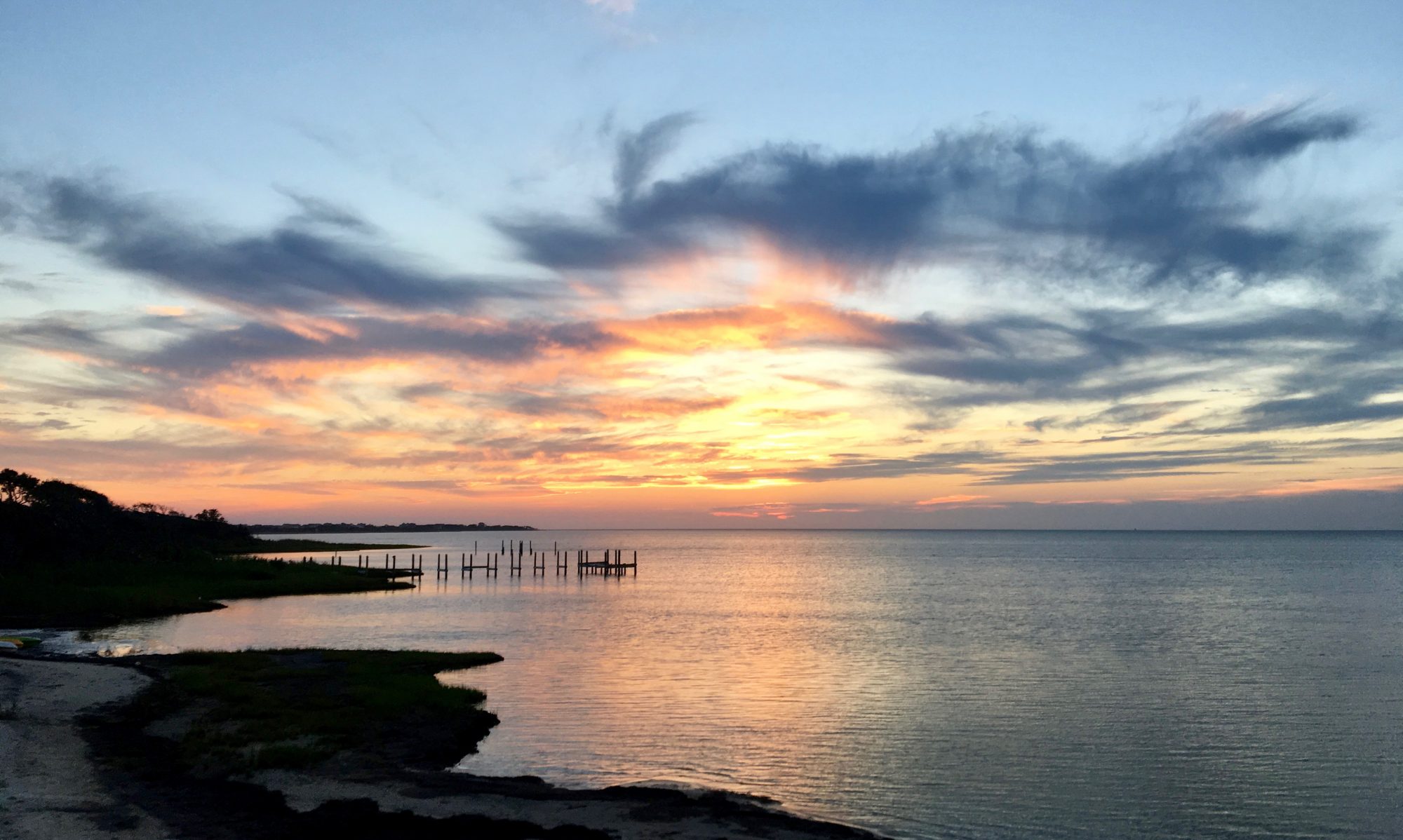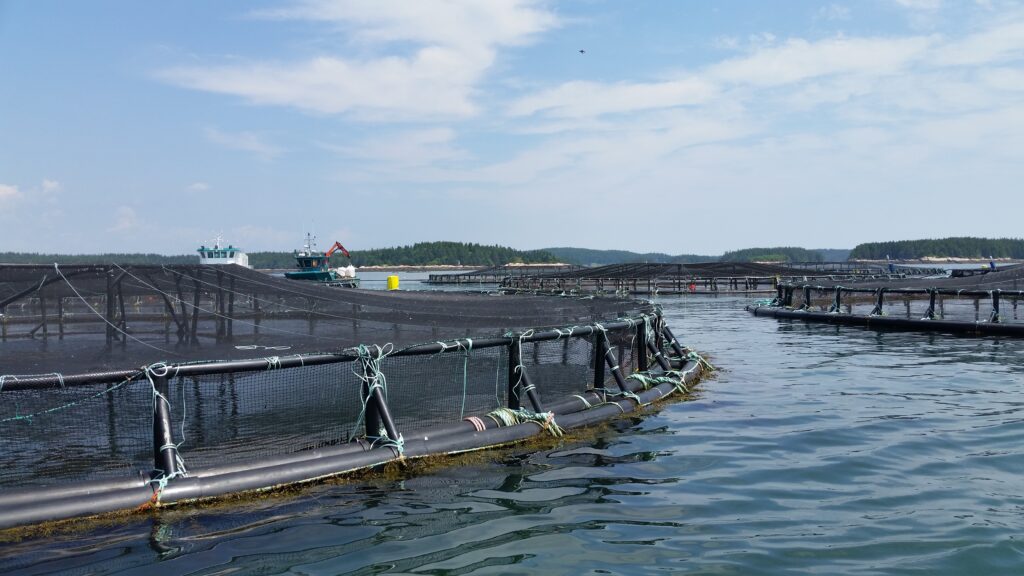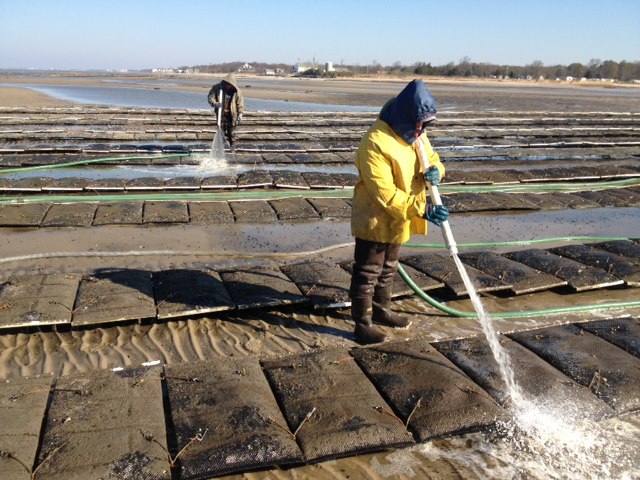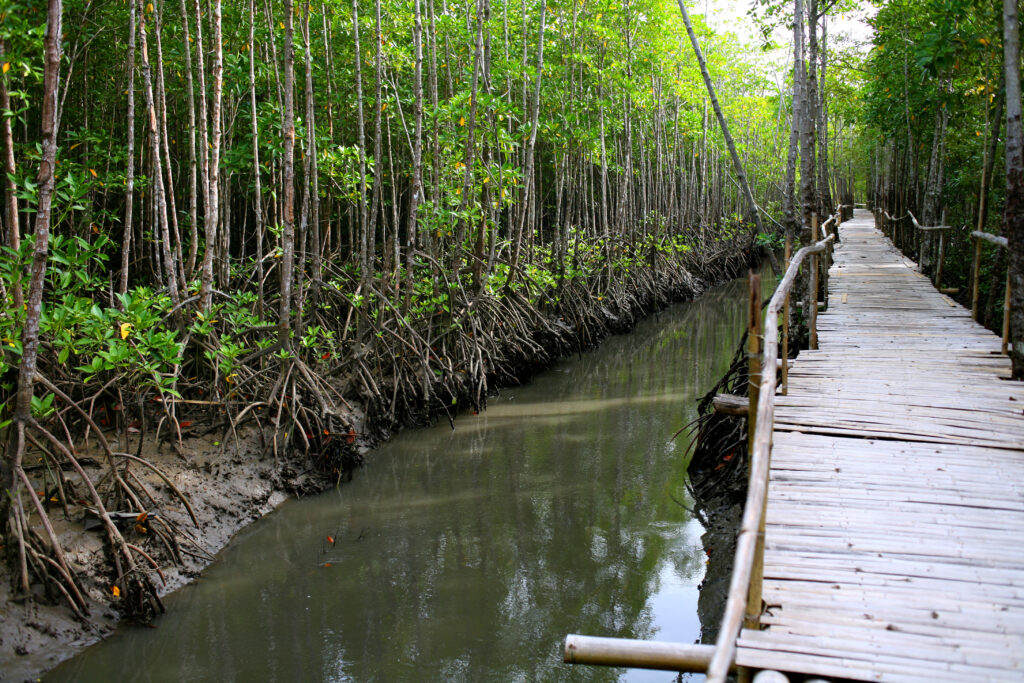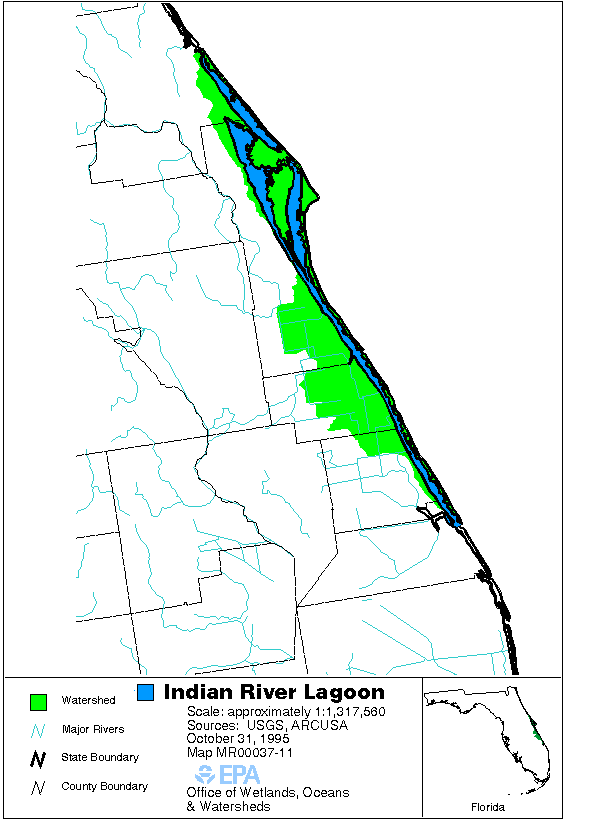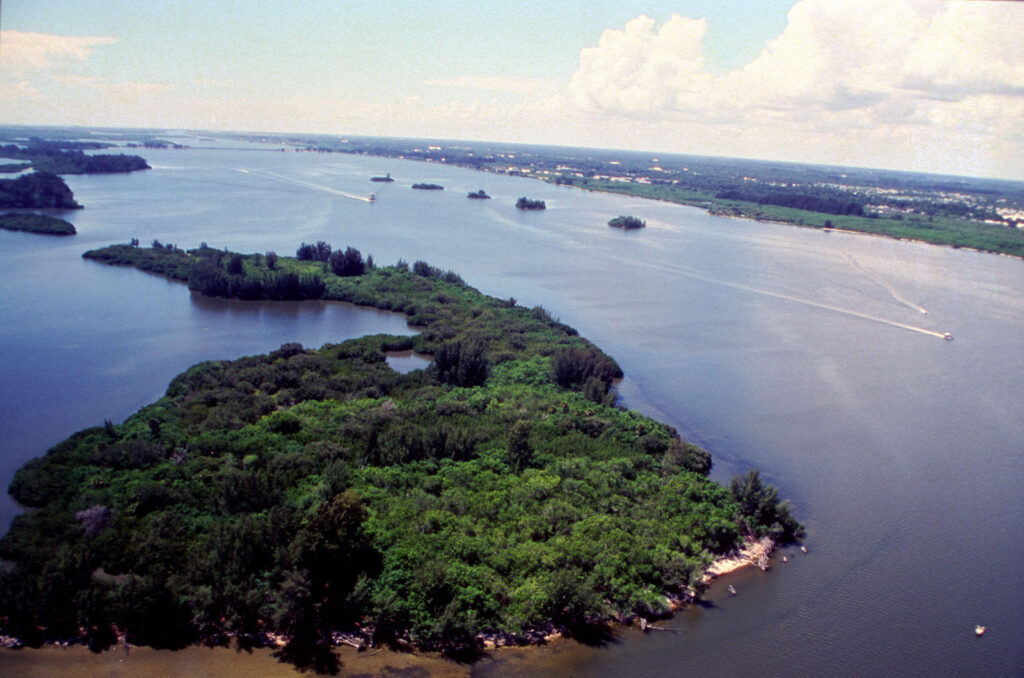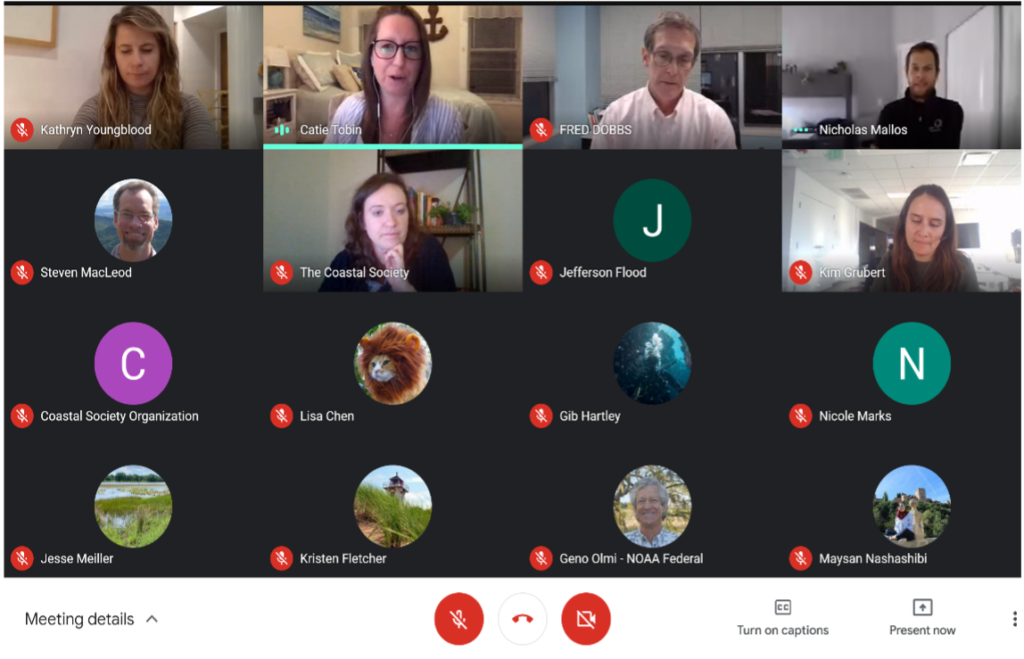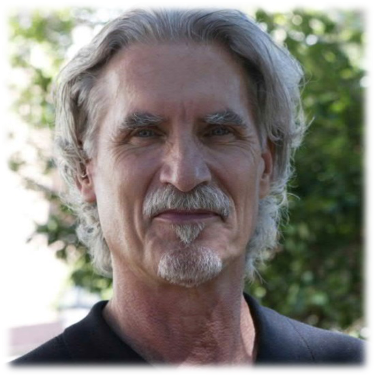By Elise Mason
The COVID-19 pandemic not only shuttered our shared work and study spaces, but it also coincided with nationally palpable social unrest that highlighted ongoing social justice issues within higher education, and governmental and corporate institutions, regarding bias and discrimination faced by many students and professional scientists of color. The unfortunate truth is not something that has occurred by happenstance: a lack of diversity breeds discriminatory behaviors which often drive people of color out of positions in the coastal, ocean, and marine (COM) sciences or keep them from entering in the first place (Berhe et al., 2021). All Americans have supposedly been afforded equal rights since The Emancipation Proclamation in 1863 (or Juneteenth in 1865, depending on whom you ask), and yet Black Americans often were not allowed to partake in marine science endeavors alongside White Americans until nearly 40 years ago—over a decade after the height of the Civil Rights movement of the 1960s and the beginnings of integrating the segregated public school system following the Brown v. Board of Education Supreme court decision in 19541. For instance, Evan B. Ford was the first Black scientist to participate in research dives aboard a deep-sea submersible in 19792.
Over the past nine months, The Coastal Society (TCS) has partnered with the National Center for Atmospheric Research (NCAR) Education and Outreach group on a unique diversity, equity, and inclusion (DEI) effort that fits within the paradigm of the COVID-19 pandemic. This project, funded by a National Science Foundation (NSF) one-year grant, supported TCS in co-organizing a series of free, virtual career development events for faculty and underrepresented minorities (URM) in the COM sciences fields at federally designated minority serving institutions (MSIs)3. The effort is in response to mounting anecdotal and empirical evidence of the underrepresentation of Black Americans and other racial and ethnic minorities within the COM fields relative to other demographic groups in the United States (NSF & NCSES, 2017). Although racial and ethnic minority representation is similarly scarce in other spaces of higher education, the lack of diversity in the COM science disciplines is particularly persistent (Bernard & Cooperdock, 2018) and the effects are visible in the academic and non-academic workforce.
COM sciences are interdisciplinary which can translate to ill-defined career paths; opportunities extend across biological sciences, engineering, math and technology, economics, and social science sectors. Jobs and “the workforce” are vital institutional structures that impact survival, well-being and public health outcomes, and social status. A career path that exemplifies one’s individual passions, values, and skills is important for all, including people of color. It is NSF’s stance that a robust STEM workforce is a national priority4, and a strong national workforce is a diverse one. Professional societies like TCS can expand their support to a diverse ocean and coastal workforce of researchers, educators, practitioners, and government officials. TCS has begun to strengthen this diversity within its membership, both through its collaboration with NCAR and the newly developed 5-year DEI Strategic Plan.
The TCS-NCAR partnership proposed two main goals: (1) retain and support undergraduate and graduate students in pursuing careers in these fields; and (2) build faculty and staff capacity at MSIs to provide students with career development training. This was to be accomplished through a set of virtual outreach activities, which developed over the course of the project. The challenge was to address these ambitious goals within a short timeframe. What objectives would realistically be feasible given our resources and how could they be achieved?
The project team of three painstakingly collected contact information of COM faculty from online directories at 16 MSIs with relevant curricula. We arranged informal small group meetings with faculty at seven of the 16 schools and it became apparent from these conversations that the second goal—to build faculty and staff capacity at MSIs—did not align with the capacity of the faculty at these institutions. Nevertheless, the majority remained open to communicating suggestions that would create professional opportunities for their students during and after their formal education.
By the conclusion of the project, four free public career development workshop events and one faculty forum were hosted through Zoom and Google Meet platforms. Designating events as Zoom meetings rather than webinars created a more intimate setting for the events. Through this format, participants could see each other and speak live directly to the group. All events were offered between September 2021 and February 2022 and were around 75 minutes in duration. The workshops attracted both graduate and undergraduate students enrolled at MSIs and those who were not. The faculty forum allowed for an informal dialogue about career development projects undertaken by different departments and an opportunity to expand inter-institutional networks.
The feedback received from attendees was limited yet positive and supportive of the endeavor. Students reported interest in, “[m]ore networking opportunities for both as a scientist and for people of color, URM in these fields,” and appreciated that, “panelists were very candid and sincere about their experiences.” One student remarked that, “The advice I really appreciated was opening my eyes to the fact I did not need to solely rely on loans for grad school and that I could be picky about my options.” Another participant shared in the virtual chat, “The opportunity to ask questions regarding grad school really made my decision much more clear to start working towards a future in grad school”5.
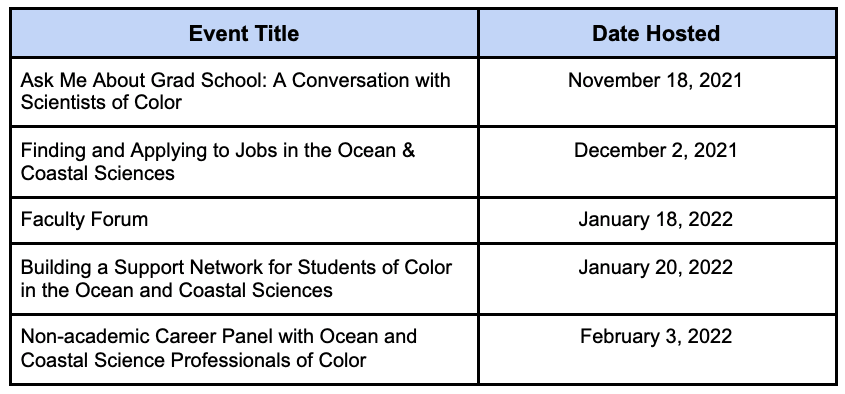
It is my hope that these meaningful programmatic events continue to be incorporated at TCS. The experience of co-facilitating this project has been invaluable to me, one of many emerging professional scientists of color working outside academia. I recommend that future DEI efforts work toward smaller, more easily measurable goals, that projects and opportunities for students of color are designed with students, faculty, and professionals of color, and that those projects are reflective and mutually beneficial for all participants.
Disclaimer: This post does not serve as an endorsement of the author’s opinion, nor does it express the views of the Coastal Society.
References and Further Reading:
- Berhe, A. A., Barnes, R. T., Hastings, M. G., Mattheis, A., Schneider, B., Williams, B. M., & Marín-Spiotta, E. (2022). Scientists from historically excluded groups face a hostile obstacle course. Nature Geoscience, 15(1), 2-4.
- Bernard, R. E., & Cooperdock, E. H. (2018). No progress on diversity in 40 years. Nature Geoscience, 11(5), 292-295.
- Gasman, M., Nguyen, T. H., & Conrad, C. F. (2015). Lives intertwined: A primer on the history and emergence of minority serving institutions. Journal of Diversity in Higher Education, 8(2), 120.
- National Science Foundation, & National Center for Science and Engineering Statistics. (2017). Women, Minorities, and Persons with Disabilities in Science and Engineering: 2017. Special Report NSF 17–310. Arlington, VA. Retrieved from: www.nsf.gov/statistics/wmpd/.
